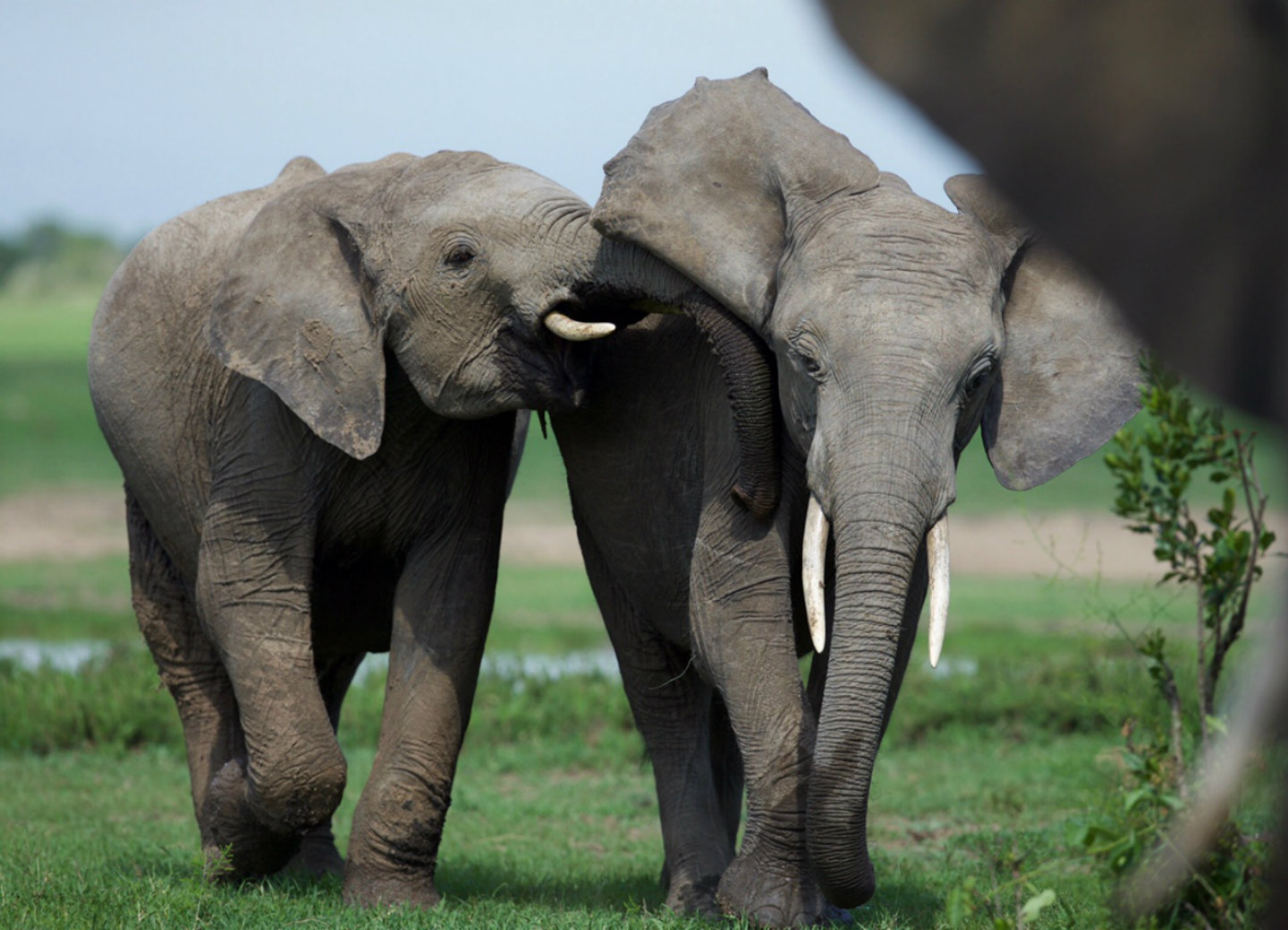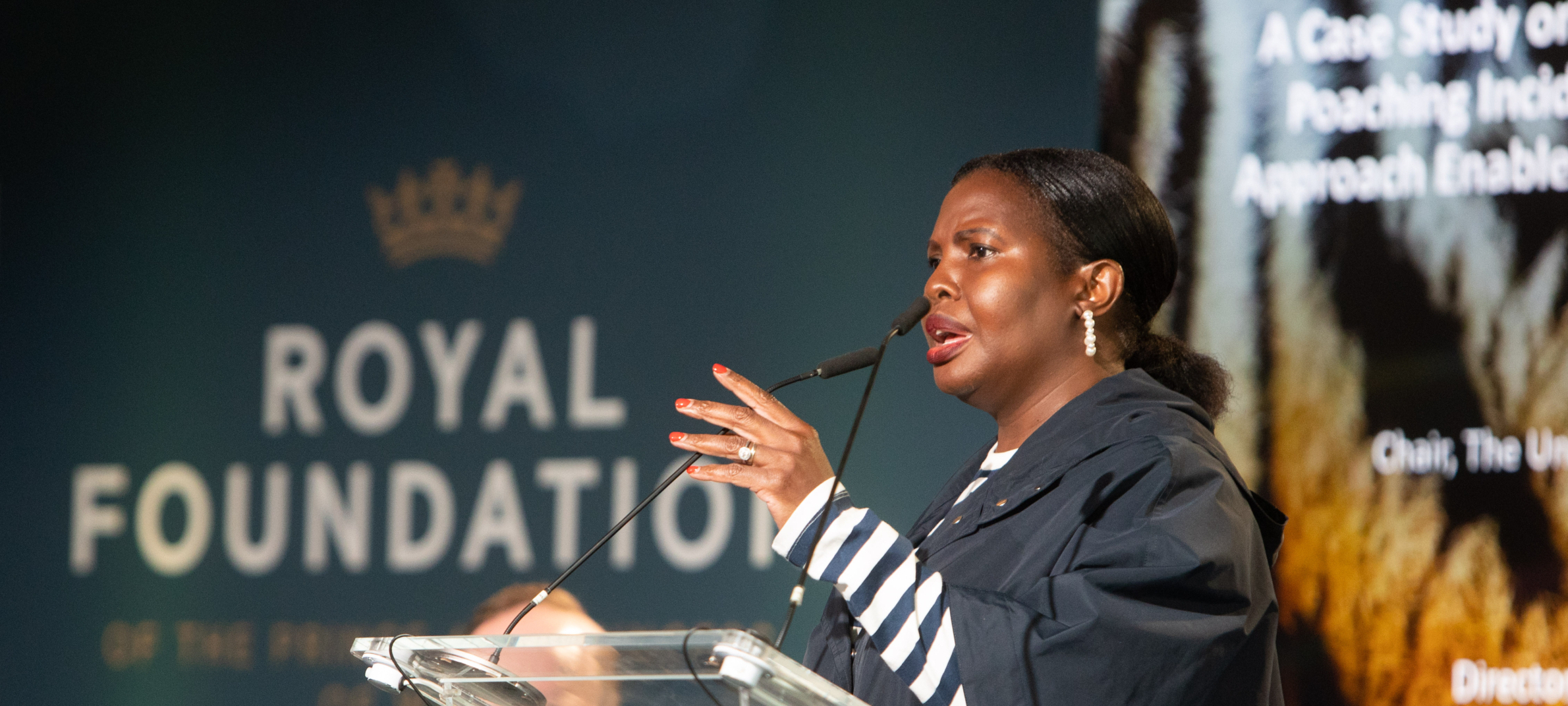
You may be wondering why we have a new website and what it is all about, this article explains what it is, why we have created it and how we plan to make sure the world knows that elephants are #WorthMoreAlive
What?
We are at a critical point in the battle to save Africa’s elephants, the poaching of elephants continues at a horrific pace, with an estimated 30,000 African elephants lost each year on average. The total population of African elephants is believed to have fallen from over 500,000 to less than 400,000 in just a few years. Central Africa has been hardest hit and has lost some 65% of its elephants in the period between 2002 and 2013. If we don’t act now some populations of this iconic animal could be extinct from the wild by 2025.
Why?
Elephants are a key species in many ecosystems, which means other animals and plants often rely on them for survival. In addition some communities across Africa are dependent on elephants for an income through tourism. Saving elephants can also mean preventing poverty, sustaining livelihoods and promoting sustainable tourism. If we lose elephants, we will lose much more than one majestic species.
Closing domestic ivory markets is one key step to end the poaching of elephants and trafficking in ivory, securing the long term future for elephants. Alongside increased efforts to protect elephants in the wild, ending the trafficking of ivory and reducing the demand for this product, closing domestic ivory markets can help make the difference. Sales of ivory, including within legal domestic markets, increases the risk to elephant populations and the local communities that rely on them–as domestic ivory markets can provide cover for illegal trade, reinforce the high value of ivory and ultimately threaten the survival of many populations of elephants.
Closing domestic ivory markets does not mean owning items with ivory would become illegal; family heirlooms would not be impacted at all. Efforts to end commercial trade in ivory also recognize that limited exemptions such as musical instruments that contain very minimal amounts of ivory may still be allowed; how markets are closed is up to individual governments.
How?
In the lead up to two important conservation events in 2016 we are focusing on providing you with a voice to show your for the closure of domestic ivory markets around the world (this is why there is a countdown clock at the bottom of the page). The IUCN World Conservation Congress (WCC) and the CITES Conference of the Parties will provide the world with a chance to show their support for elephants.
The IUCN Motion to close domestic ivory markets “urges” countries to “take all necessary legislative and regulatory efforts to close their domestic markets for commercial trade in raw or worked elephant ivory.” This motion is not legally binding and every country has its own processes for regulating their domestic markets. But support for this motion will provide a clear voice to the worlds governments that we want them to do more in the battle to save elephants.
The IUCN vote takes place three weeks before the next CITES (Convention on Trade in Endangered Species) Conference of the Parties meeting. At this meeting, the worlds governments will be asked to vote on a number of resolutions related to elephants. A number of African governments have also submitted a document calling on CITES to recommend the closure of domestic ivory markets. The Resolution submitted by these countries again asks for the world to close their domestic markets for commercial trade in both raw and worked ivory. Recognizing that the illegal killing of elephants and trade in their ivory continues to threaten the survival of many populations of elephants, including those, which were previously thought to be secure.
Successful votes supporting the closure of domestic ivory markets at both these conferences will make any legal trade in ivory increasingly difficult, thereby removing the cover which the legal markets provide for the illegal ivory trade and sending a clear message that the value of ivory remains with elephants and that they are #WorthMoreAlive.
Without successful votes, the Illegal Wildlife Trade Summit in Viet Nam, the third in the London Conference series, in November this year will be rendered largely useless. However, with successful votes at IUCN and CITES, the summit in Viet Nam can focus on global efforts to protect and restore elephant populations, significantly moving the debate forward.
Now we need your help to spread the message that elephants are #WorthMoreAlive to try and make these votes and the summit a success for elephants.
Related Posts





